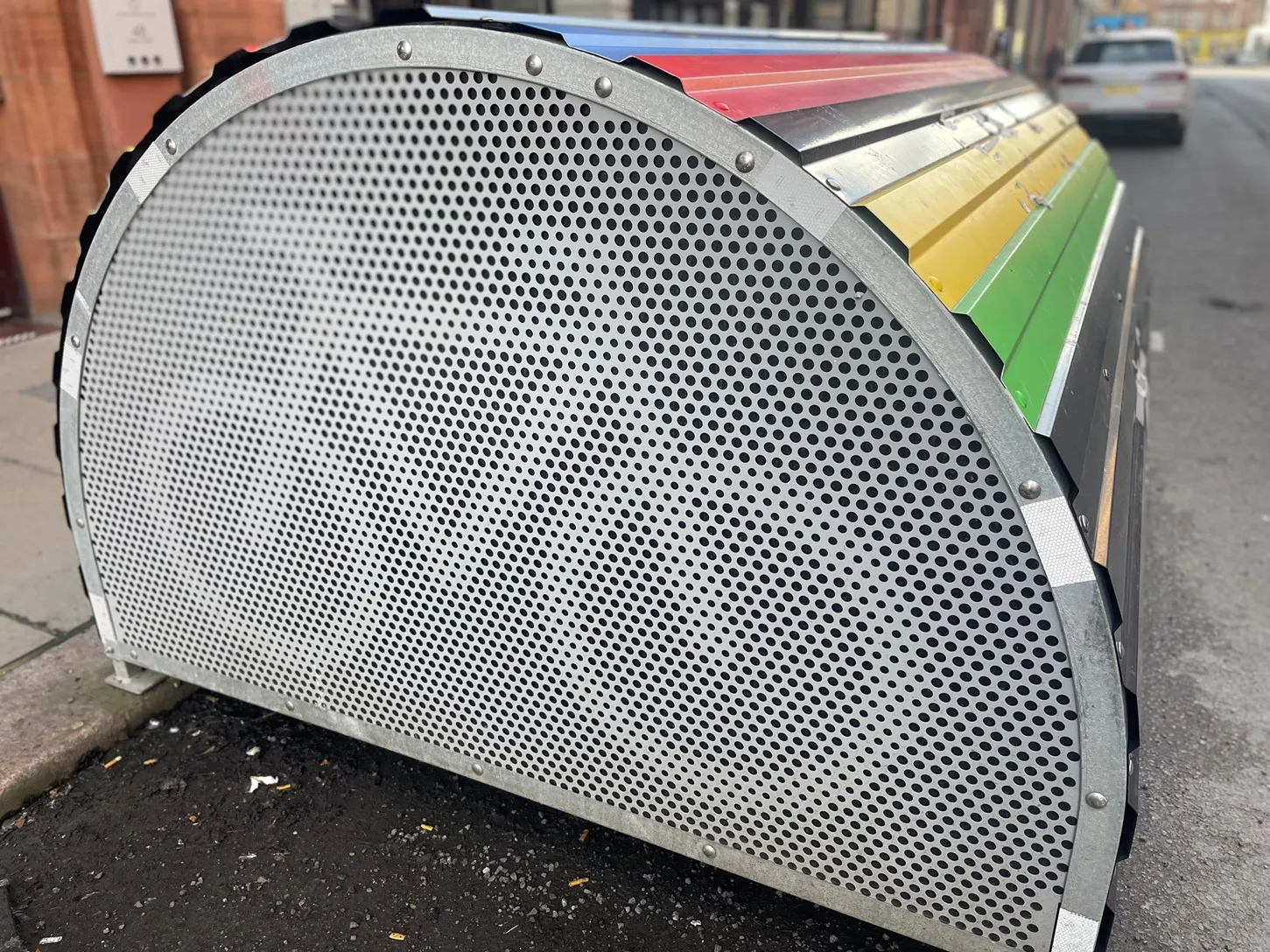The New Zealand Government is taking steps towards introducing road tolls by establishing a multi-agency group to look into options for road pricing, reports the New Zealand Herald.
June 7, 2017
Read time: 1 min
The New Zealand Government is taking steps towards introducing road tolls by establishing a multi-agency group to look into options for road pricing, reports the New Zealand Herald.
The discussions come as Auckland mayor Phil Goff warns that the city’s infrastructure shortfall has now risen to US$5 billion (NZ$7 billion) because of faster-than-expected population growth.
The group, which will include the Auckland Council, the








